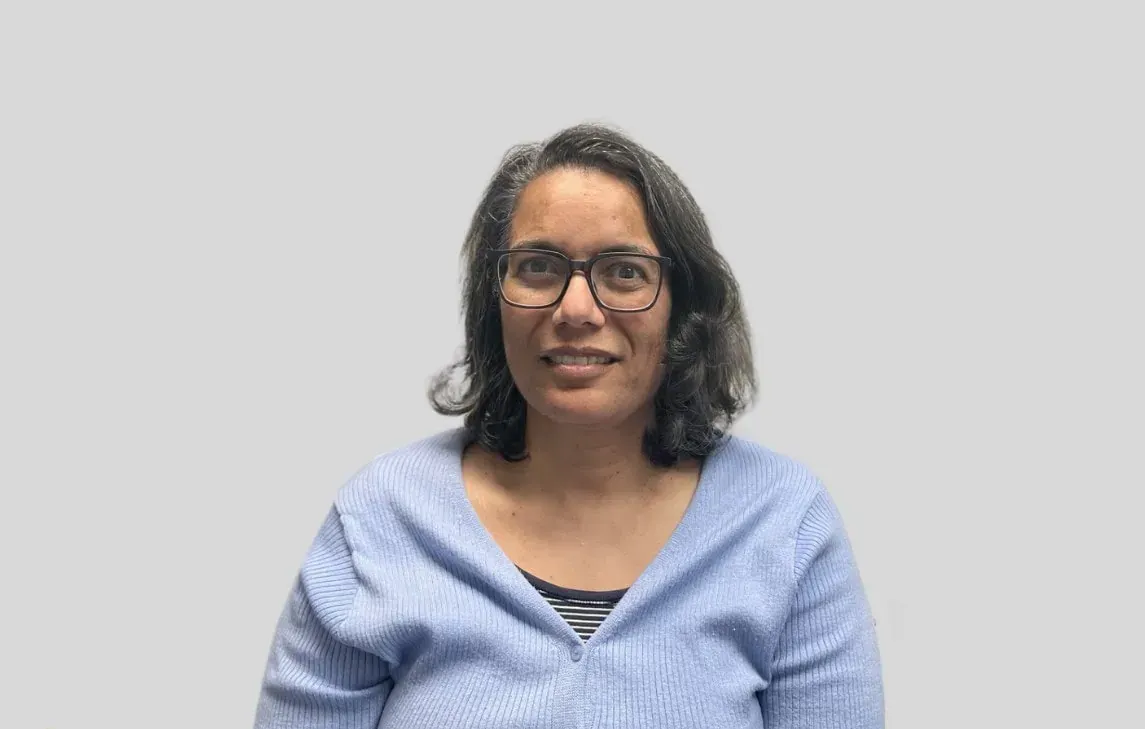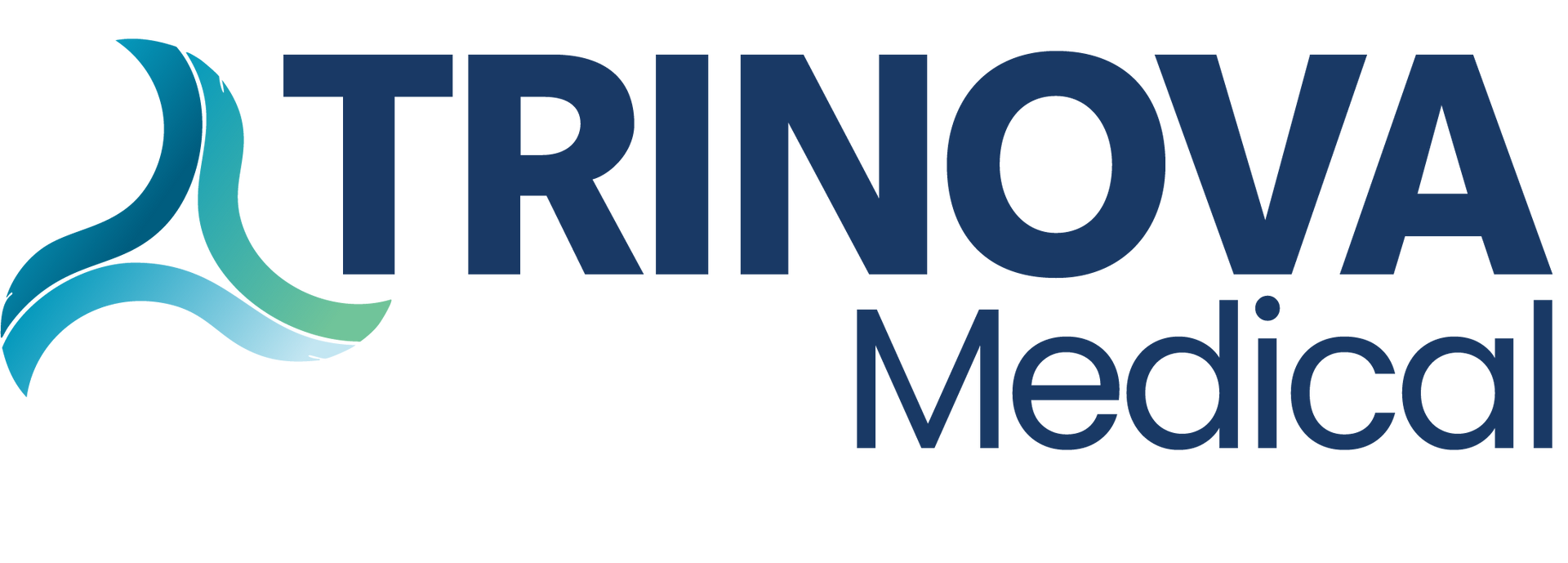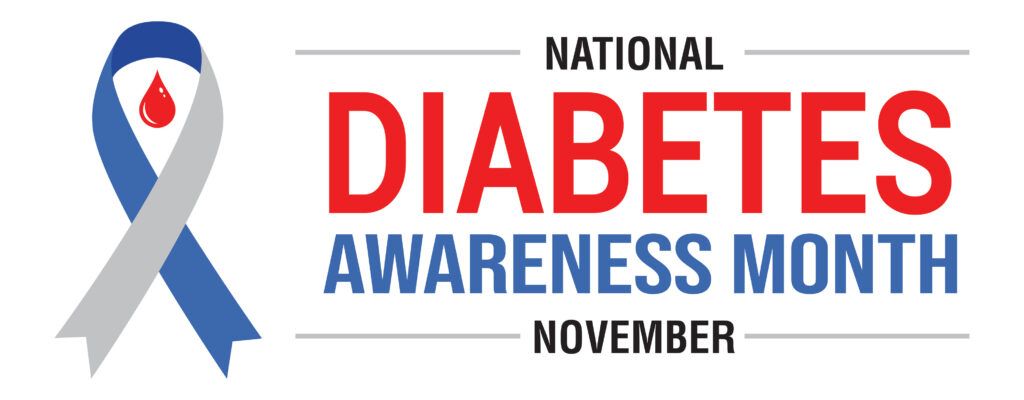Helping Aging Parents Manage Medications Without Losing Their Independence
Trinova Medical | Articles

When 82-year-old Helen started taking her blood pressure medication twice in the morning because she couldn't remember if she'd already taken it, her daughter Janet faced a dilemma familiar to families everywhere. "I don't want to treat Mom like a child," Janet explained to her sister, "but I'm terrified something terrible will happen." If you're reading this, chances are you've had similar concerns as you watch your aging parent manage an increasingly complex medication routine.
The truth is, medication management becomes one of the most delicate balancing acts families face as parents age. You want to ensure safety without stripping away dignity. You need to help without hovering. It's completely understandable that you're feeling uncertain about how to navigate this sensitive territory—because the stakes feel so high, and the relationship feels so precious.
Why This Gets So Complicated
Here's what's really happening: medication management becomes tricky not because anyone's doing anything wrong, but because aging naturally changes how our bodies work. Your parent's kidneys and liver may not process medications as efficiently as they once did. Their vision might make reading those tiny pill bottles more challenging. Even their sense of time can shift, making it harder to stick to consistent schedules.
Then there's the sheer number of medications. The average person over 65 takes four or more prescription drugs daily, and when you add vitamins, supplements, and occasional pain relievers, that number can easily double. Even the most organized person can feel overwhelmed trying to keep track of multiple pills with different timing requirements.
Sometimes subtle cognitive changes—and we're not talking about dementia here—can affect memory and attention. Stress, poor sleep, or even seasonal depression can make anyone forget whether they've taken their morning pills. It doesn't mean your parent is losing their independence; it means they're dealing with a common challenge that has practical solutions.
What to Watch For
You might notice pill bottles with confusing dates or medications that seem to be running out too quickly or lasting too long. Maybe your parent mentions feeling dizzy or "not quite right" more often, or you hear comments like "I think I forgot my pills today." Changes in appetite, sleep patterns, or unexpected bruising could all signal medication-related issues.
Trust your instincts here. If something feels different about your parent's health or behavior, medication management might be part of the picture.
The Conversation That Actually Works
The key to talking about medications isn't taking control—it's becoming a collaborative partner. Start with care, not criticism. Instead of saying "I'm worried you're not taking your pills correctly," try something like "I love you and want to make sure you're feeling your best. How are you finding it to keep track of all your medications these days?"
Ask permission to help rather than jumping in to fix things. "Would it be helpful if we looked at your medication routine together? Sometimes fresh eyes can spot ways to make things easier." Focus on how they're feeling rather than what they might be doing wrong. "I've noticed you mentioned feeling tired lately. I wonder if we could review your medications with your doctor to make sure everything is working optimally."
Simple Solutions That Make a Big Difference
The goal isn't to take over your parent's medication management but to create systems that support their independence. Weekly pill organizers with large, clearly labeled compartments can eliminate the "did I take it?" confusion. Some families find automatic dispensers with audio reminders helpful, while others prefer simple smartphone alerts if their parent is comfortable with technology.
Creating a simple medication list in large print with drug names, dosages, and timing can be incredibly useful, especially during doctor visits. Regular pharmacy consultations can catch potential drug interactions before they become problems. Many Pensacola area pharmacies offer services that pre-sort medications into daily packets, which can simplify routines significantly.
Environmental changes help too. Better lighting around medication storage areas, designated spots for daily pills, and regular removal of outdated medications during routine household organizing can prevent confusion and accidents.
When to Get Professional Help
Some situations require immediate attention. If your parent experiences sudden confusion, dizziness, or falls, especially if they've accidentally doubled up on critical medications like blood thinners or diabetes drugs, seek medical care right away.
For less urgent but ongoing concerns—like when medication management has become a daily struggle or your parent feels overwhelmed by their routine—schedule a consultation with their healthcare provider. Many senior primary care practices in Pensacola specialize in comprehensive medication reviews and can often simplify complex regimens.
If your parent lives alone and you live far away, or if multiple family members are trying to help but coordination is becoming difficult, consider professional medication management services. These programs provide oversight while respecting your parent's autonomy.
The Art of Supporting Without Smothering
Think of yourself as your parent's "medication advocate" rather than their manager. Attend medical appointments to help ask questions and remember instructions, but let your parent speak for themselves. Research information and share it supportively: "I read that this medication works best with food—is that how you've been taking it?" Create backup systems like emergency medication lists and pharmacy contact information, but respect boundaries when your parent wants to handle something independently.
Moving Forward Together
Medication conversations work best when approached with patience and respect for your parent's autonomy. The goal isn't perfection—it's progress. Every small improvement in medication safety is worth celebrating, whether that's a simple pill organizer that prevents confusion or weekly pharmacy consultations that catch problems early.
Remember, you're not responsible for controlling every aspect of your parent's health, but you can be a loving, supportive partner in helping them maintain their independence safely. Your concern comes from love, and that love—expressed through gentle support rather than taking over—is exactly what your parent needs most.
If you're feeling overwhelmed, start with one small step today. Maybe it's scheduling a pharmacy consultation, organizing one week's worth of pills, or simply having an honest conversation about how your parent is feeling about their current routine. Small steps, taken with love and respect, often lead to the biggest improvements in both safety and family relationships.
___
Trinova Medical
provides patient-focused primary care in Pensacola, FL, featuring coordinated care teams, convenient scheduling, and round-the-clock provider access for all your healthcare needs. Our specialized
Trinova 65+
program offers seniors comprehensive medication management, dedicated care coordination, and personalized health assessments designed specifically for older adults. We're committed to listening, caring, and partnering with you on your health journey. Call
(850) 848-9500 for more information.
Disclaimer: The content on this blog is intended for informational and educational purposes only. It should not be used as a substitute for professional medical advice. Always consult with your healthcare provider regarding any health-related questions or concerns.
Recommended Post:





